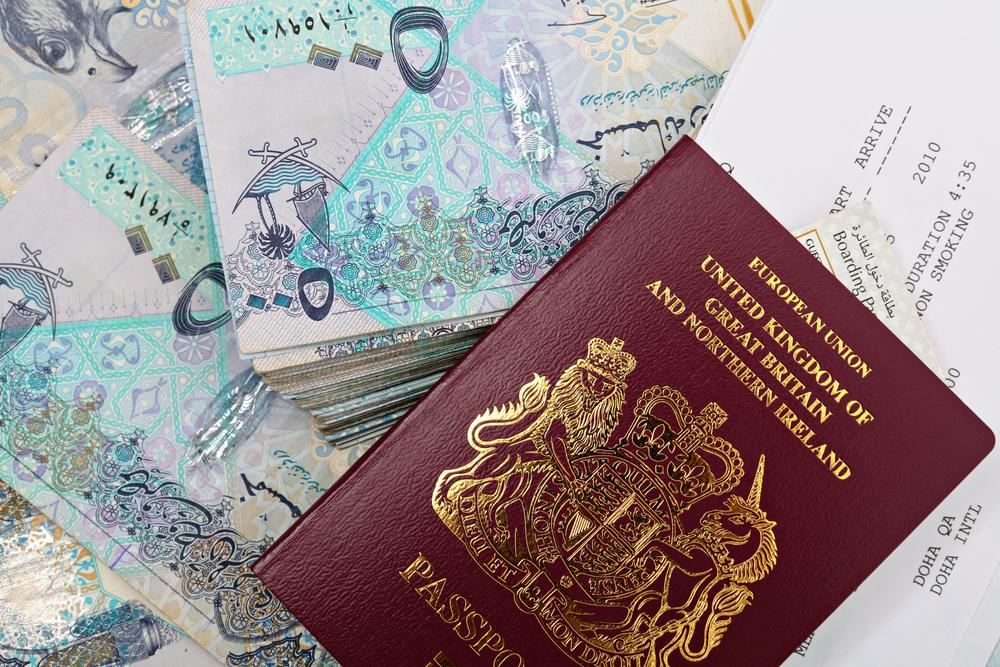Comprehensive Investment Strategies for Expats: Your Essential Guide
This comprehensive guide explores essential investment strategies for expats, highlighting offshore investment opportunities, tax considerations, and practical management tips. It empowers expatriates to make informed financial decisions, leverage global markets, and secure their long-term wealth, regardless of where they live. With insights into legal and tax implications, the guide serves as a valuable resource for expats looking to optimize their investments across borders and enjoy financial stability worldwide.

Comprehensive Investment Strategies for Expats: Your Essential Guide
Living overseas as an expatriate presents both unique challenges and abundant opportunities in the realm of finance and investment. Transitioning to a new country involves adapting to a different culture, legal system, and economic environment, which can evoke a mixture of excitement and nostalgia. For many expats, maintaining or growing their financial assets abroad is a critical component of their overall life plan. To navigate these complexities successfully, understanding effective investment strategies tailored for expats is crucial.
This comprehensive guide aims to provide expats with essential insights and practical advice on making informed investment decisions while living outside their native country. From understanding offshore investment opportunities to managing tax obligations, this guide covers all critical aspects to help you secure your financial future no matter where you are in the world.
Despite the challenges, expatriates often benefit from broader investment options, cultural enrichment, and sometimes lower living costs. These advantages can be harnessed through strategic investments that align with your financial goals and legal requirements. Whether you are a seasoned investor or new to international finance, this guide will equip you with the knowledge to optimize your investments abroad.
Understanding the nuances of investing as an expat is vital. For instance, U.S. citizens living overseas have the option to open online brokerage accounts like Schwab One International, which grants access to a wide variety of asset classes including stocks, ETFs, bonds, forex, and multi-currency trading. Such accounts can often be linked with offshore accounts, enabling seamless management of finances from abroad.
Offshore Investment Opportunities
The investment landscape varies significantly depending on your country of residence. Developed nations such as the UK, Canada, and Australia provide extensive and sophisticated investment options, often supported by well-established financial institutions that facilitate investing in U.S. securities and other international assets. Many brokerages in these countries offer tailored services to expats, making it easier to diversify portfolios across various markets.
Conversely, in some developing nations across Asia and Africa, local investment opportunities may be constrained by legal restrictions or market infrastructure. Nonetheless, expats can still access a wealth of investment channels by investing in their home country or through international platforms that allow cross-border asset management. Some countries also have bilateral agreements to facilitate foreign investments, offering optional pathways for wealth growth.
Tax Implications and Planning
Tax considerations are a pivotal aspect of international investing. U.S. citizens, for example, are legally required to report their worldwide income to the IRS, regardless of where they reside. This mandates careful planning and consultation with financial professionals experienced in international tax law to avoid double taxation and ensure compliance.
Expats must be aware of reporting obligations such as the Foreign Bank and Financial Accounts Report (FBAR) and FATCA (Foreign Account Tax Compliance Act). These regulations require disclosure of foreign financial accounts and assets to U.S. authorities. Many U.S.-based financial institutions are well-versed in these regulations and help their clients stay compliant while managing investments remotely.
Understanding the interplay between foreign taxes paid and U.S. tax credits is essential for optimizing after-tax returns. Professional advice can help expatriates navigate complex tax laws and develop strategies that minimize tax liabilities, allowing more of their investment growth to be preserved.
Living abroad does not mean sacrificing sound investment management. With the right knowledge and support, expatriates can build diversified portfolios that align with their long-term financial goals. Many international financial services and brokerage firms accommodate remote management, enabling expats to oversee their investments effortlessly from anywhere in the world.
In conclusion, whether your goal is to grow wealth, plan for retirement, or preserve your assets for future generations, understanding the specific investment opportunities, legal requirements, and tax obligations in your host country and home country is paramount. The key is to stay informed, consult experts regularly, and leverage the available resources to maximize your financial security as an expat.




